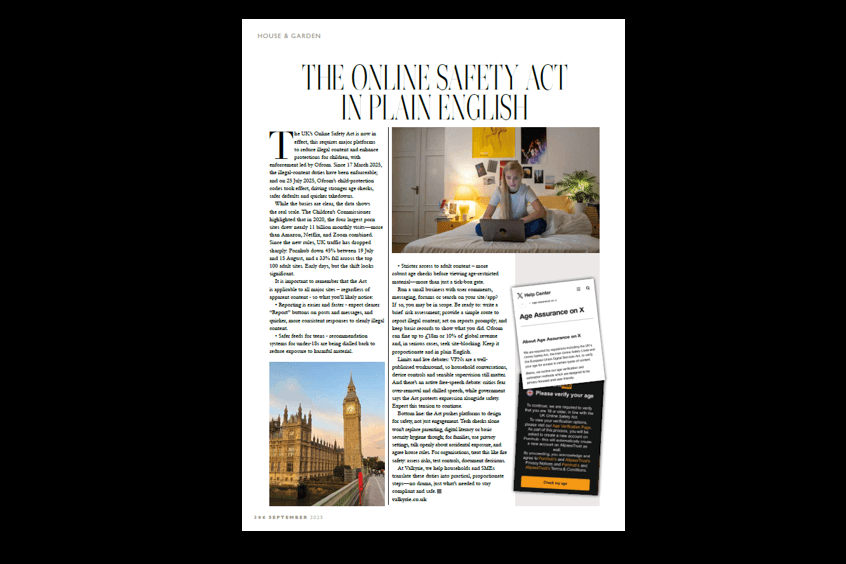Most cybersecurity news articles are about large data breaches and hackers. To most of us it can feel overwhelming and like we’re powerless to stop the hackers. In the US, October is ‘Cyber-Security-Awareness-Month’, and this year’s theme is focusing on the ‘people’ part of cybersecurity, encouraging all of us to spread awareness and do the basics well. It can make a huge difference by practicing the basics of cybersecurity no matter your role; we’re all a potential target to hackers. We are all busy and being online is part of everyday work and downtime; it’s easy to forget or become complacent around cyber security. Allowing chinks in our armour is often how criminals get into private social media accounts, bank details and other online systems to steal identities, manipulate social media accounts and even take money. Criminals rely on us not being aware or updating our security settings.
In addition, we are all currently dealing with the issues around the cost-of-living and soaring energy bills. This has resulted in an increase of enquiries from clients in regard to phishing and vishing attacks. Phishing is the fraudulent practice of sending emails purporting to be from reputable companies or individuals to trick you into revealing personal information, such as passwords and credit card numbers and even try to get a dialogue going with you to gain your trust. Vishing is the fraudulent practice of making phone calls or leaving voice messages purporting to be from reputable companies or individuals to trick you into similar information. These social engineering tactics have been around for years, and we witnessed one happen live last week whilst at a client lunch. Awareness is key to combatting this. Scammers might contact you pretending to represent energy companies, claiming that you’re owed money, and they need your bank details to send it to you. If anyone tells you this, hang up the phone, ignore any links in emails and don’t give them your details. Energy companies will never call or email asking you for this information.
Five key areas we can all focus on when using computers, tablets and smart phones to stop criminals hacking into our bank account or protecting our social media sites from fraudsters:
- Enable multi-factor authentication
- Practice good password management – use strong/unique passwords and a password manager
- Keep software up to date and back up data
- Recognise and report phishing – beware of suspicious emails/phone calls, be careful what you click
- Never leave your devices unattended – the physical security of your devices is as important as their technical security
Although October is Cyber-Security-Awareness-month we should remain vigilant every day and whenever you are unsure, take a step back and think before you do anything.













